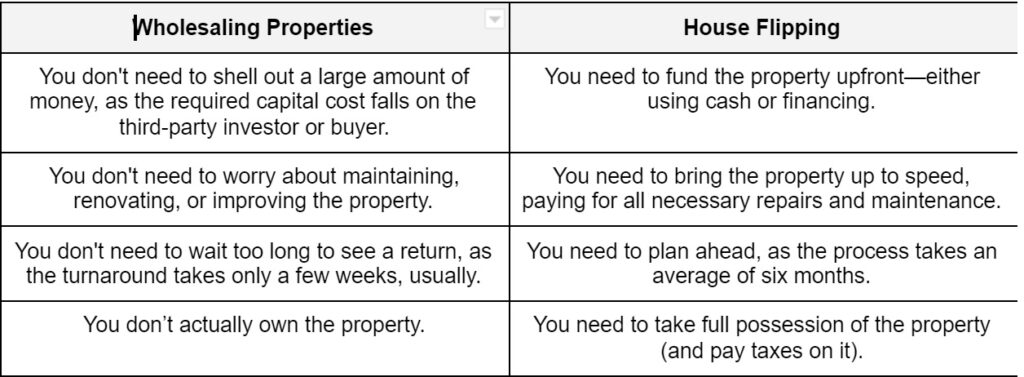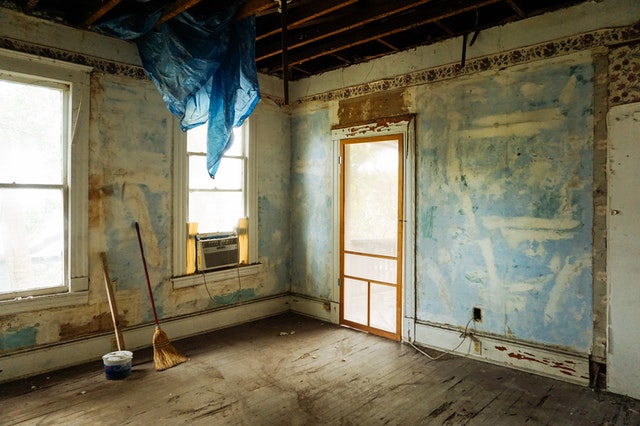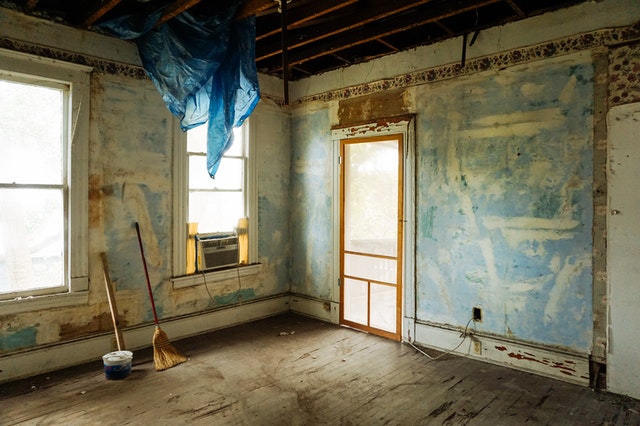
Many landlords dread raising rents on their tenants for fear of the tenants moving, or the landlord just finds the whole process unpleasant. So, it’s not uncommon to find landlords that haven’t raised rents in 2, 3, or more years.
Raising rent is actually a regular (albeit not the most fun) part of being a landlord. A landlord should raise rents as the market dictates, because:
- Keep up with inflation
- Be able to afford rising maintenance costs
- Accommodate property tax & insurance increases
- When you’ve renovated a property to a higher standard
When that time inevitably comes, you need to know the right way of increasing your rent. Doing it the wrong way might cost you, tenants, leading to longer vacancy periods and costlier turnovers. Plus, no landlord wants to feel like the bad guy, so it’s important to show you’re being fair by handling rent increases diplomatically.
This article will teach how you can raise rent amounts and generate more income while communicating the situation professionally to your tenants. We’ve even included a sample rent increase notice that you can use for informing your tenants as amicably as possible.
How should you approach a rent increase?
Depending on local and state laws, the required notice period for rent increases can range from 30 to 120 days. In Michigan, you have to give 30 days’ notice, but if you’re raising rent by 10% or more, you have to inform the tenant 60 days ahead of time.
Most people draft a letter informing tenants of the increase (like the one we’ve included below) and send it out to them, but there’s another way to approach this:
- Go on Zillow, the MLS, or Rent-o-Meter to find what the market rent for this property is.
- Compare that to what the tenant is paying.
- Submit that information to the tenant and ask them what seems fair in terms of an increase
Note: At this point, you haven’t told them the rent was going up, but you’ve implied it. You’ve also involved them in the decision, so they’re more willing to accept it, making this a more subtle, non-aggressive approach to raising rent.
- The tenant’s response will typically be to offer 50% of the full increase, although some will say they don’t want to pay any increased rent at all. A good way to address either of these scenarios is to ask: “Why do you think that low of an amount is fair?” Make them defend it.
- Then they’ll explain why they shouldn’t pay an increase (personal emergencies, poor maintenance on your part, etc.). Then you can ask: “Are you sure that’s your best offer?”
The best part about this is that it lets you raise rents without TELLING the tenant there will be an increase, but rather including them in the process.
Tenants may even surprise you by offering more than what you expected!
How much can you increase?
Ideally, you’ll want to keep the raise to less than 5% per year. Any higher, and your tenants will most likely move away—even if the rate is similar to your competitors in the market.
Why?
Think of the other rule of thumb that’s often used in screening tenants: rent amounts should only be a third of the tenant’s monthly income. This means most people can’t afford to spend an additional hundred dollars a month on rent payments – unless the tenant base in your area is on the up and up, like because of new employment opportunities or developments nearby.
Jacking up the amount too high without good reason will therefore jeopardize your rental income, as tenants will struggle to pay fully and on time.
Plus, once a tenant has been there a while, they feel entitled to zero rent increases forever. If you raise it from $800 to $900 overnight, they’ll freak out. Even if the rent in the area is $1,100, they can’t afford it. So you’re better off with consistent smaller rent increases, like $25 a year, rather than waiting 3 years and increasing your rent all at once to reflect current market value.
On top of this, some cities have rent control laws in place. These maximum rent caps on what landlords can charge and are implemented by the government. Be aware of your local regulations before implementing any rent changes (just FYI, rent control isn’t allowed in the state of Michigan, but it is common in markets in New York and California).
Sample rent increase notice
When you’re ready to implement the raise, here’s a sample rent increase notice that Colleen F. shared in the BiggerPockets Forums. This letter is great because it helps tenants understand the landlord’s own financial obligations and view an increase in rent as a necessary business decision, rather than thinking you’re just being greedy.
Feel free to use it as a basis for crafting your own notice:
Dear John Tenant,
Thank you for being a tenant here at 123 Main St, Apt 1. Our goal is always to provide a nice place to live, at a fair price. Whenever the prospect of raising rent comes up at any property, we take a good hard look at it to make sure it’s necessary.
In that light, we have decided it is necessary to raise the monthly rent on your unit, effective September 1, 2020, to $1,050 from $1,000. This is partly to offset the increasing cost of property taxes, insurance, high heating expenses, maintenance costs, and upgrades since our purchase of the building in 2010.
Even after this increase, we believe we are still at or below the average market rent for a unit of this type. Rather than pay an increase, you may choose other housing. Should you intend to vacate at the termination of your lease, the original lease agreement states that you have to provide 30 days written notice of your intent to move. If you choose, signing this form checking off that you will not renew and returning the form to us 30 days in advance of your expected renewal will be considered your written notice.
Sincerely,
Management
Conclusion
There’s no guarantee that your tenants won’t complain about an increase in rent. However, if you increase your rent fairly and strategically, you can manage their expectations and prepare them ahead of time to budget appropriately.
When they’re prepared and you communicate openly with them about the situation, your tenants won’t see you as the bad guy for increasing their rent.
Any other concerns related to increasing rent amounts? Leave a comment below!











